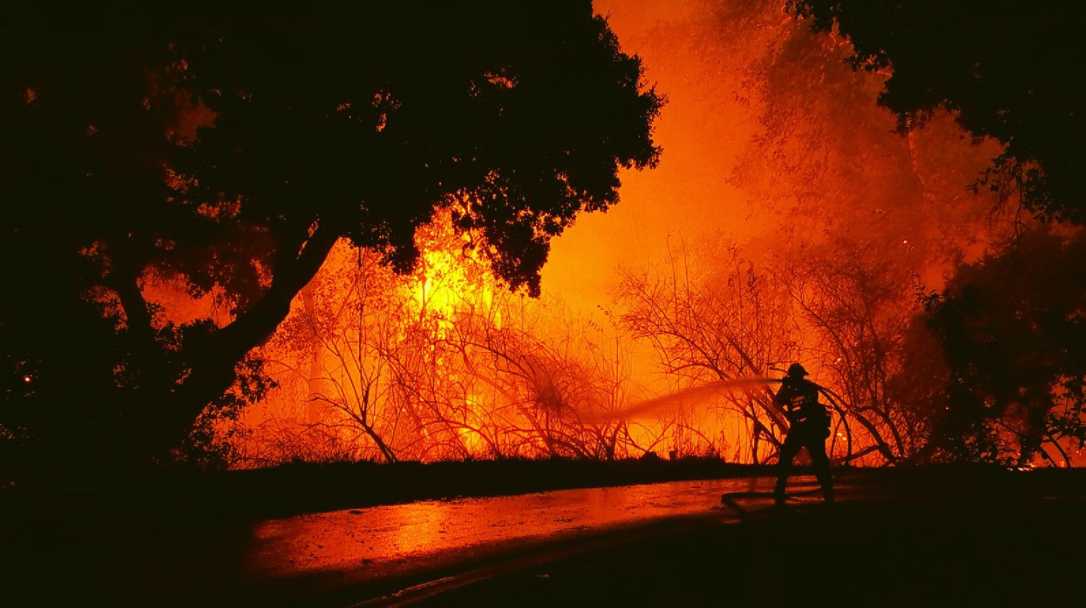
(UPDATED at 10 a.m. MDT March 28, 2019)
The Request for Information about the new National Firefighter Registry described below was published today. The National Institute for Occupational Safety and Health (NIOSH), an agency within the Centers for Disease Control and Prevention (CDC), is requesting input about three possible enrollment strategies. Specifically, NIOSH is asking for input on how to maximize participation for the Registry. The comment period will close on May 28th, 2019.
The process for leaving a comment is convoluted. They ask you to click on this link and then you have to search for the appropriate issue. I searched for “National Firefighter Registry” which brought up 208 results. When I checked today it was the first one.
When found, you have to click in the search results on “Comment Now”(over on the right) Maybe THIS will take you directly to the comment form.
Keep in mind that any information (e.g., personal or contact) you provide on the comment form may be publicly disclosed and searchable on the Internet and in a paper docket. But you don’t have to leave your name or email address.
(Originally published at 2:41 p.m. MDT March 27, 2019)
In April, 2017 a bill was introduced in Congress that would establish a registry to track the occurrence of cancer among firefighters. A version of the bill was finally signed into law on July 7, 2018. Now, eight months later it appears that the creation of the registry is some distance from becoming a reality, but we can report some progress.
The legislation called it a Firefighter Cancer Registry, but it appears that the name has changed to National Firefighter Registry — a vague term which does not provide a clue about the purpose.
Kenny Fent is the Team Lead for what will become the National Firefighter Registry Program. Mr. Fent is a Research Industrial Hygienist with the National Institute for Occupational Safety and Health, a division of the Centers for Disease Control and Prevention. He told us that soon the agency will post a Request for Information (RFI) to the Federal Register regarding the Registry. During a 60-day period they will seek input on an approach to the Registry including potential enrollment methods. All stakeholders, including firefighters, will be encouraged to review the document and respond with comments.
 Once the Registry design is finalized, CDC/NIOSH will begin enrollment. Where possible, CDC/NIOSH will collect work history and exposure records to explore the relationship between exposures and cancer. They will also link with state cancer registries to confirm diagnoses. Findings will be shared through scientific publications and communications to stakeholders and the public.
Once the Registry design is finalized, CDC/NIOSH will begin enrollment. Where possible, CDC/NIOSH will collect work history and exposure records to explore the relationship between exposures and cancer. They will also link with state cancer registries to confirm diagnoses. Findings will be shared through scientific publications and communications to stakeholders and the public.
Previous studies, including a study completed by the National Institute for Occupational Safety and Health (NIOSH) in 2014, have highlighted firefighters’ increased risk for certain cancers compared to the general population. However, few previous studies have collected data about wildland firefighters, volunteer firefighters, or sufficient numbers of female and minority firefighters in order to draw conclusions regarding their risk of cancer.
In one study that collected data from wildland firefighters in the field, a group of researchers concluded that firefighters’ exposure to smoke can increase the risk of mortality from lung cancer, ischemic heart disease, and cardiovascular disease by 22 to 39 percent. The project only looked at the wildland fire environment, and was not a long term study of firefighters’ health.
The ultimate goal of the Registry is to better understand the link between workplace exposures and cancer among firefighters. The Registry will include all U.S. firefighters, not just those with a cancer diagnosis. The Registry also has the potential to provide a better understanding of cancer risk among subgroups such as women, minorities, and volunteers, and among sub-specialties of the fire service like instructors, wildland firefighters, and arson investigators.
From the Registry information, CDC/NIOSH will estimate an overall rate of cancer for firefighters. They might find certain groups of firefighters are at a higher risk of cancer than others based on level of exposure, geography, gender, or other factors. They may also find that certain protective measures are associated with a reduced risk for cancer, which could provide additional evidence and support for specific control interventions.
The Registry will be completely voluntary, and no one can force a person to join.
All active and retired as well as volunteer, paid-on-call, and career firefighters will be encouraged to join the Registry, regardless of their current health status.
CDC/NIOSH promises that they will always maintain participants’ privacy and will never share personal information with an outside organization including fire departments, unions, or other researchers without permission of the individual.
